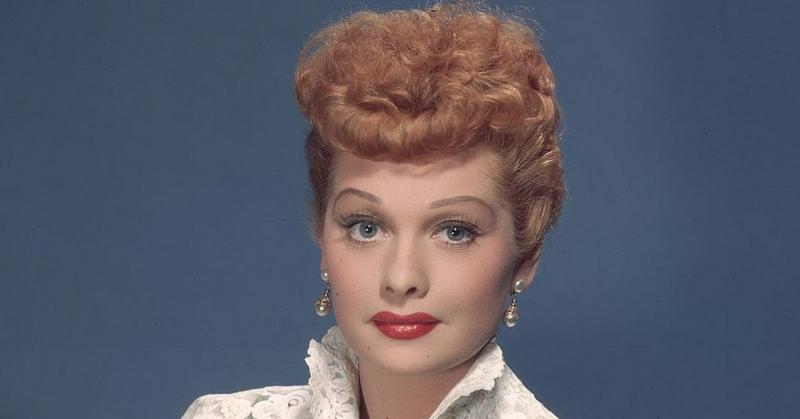When The Red Scare Came For America's Favorite Redhead
By | January 17, 2022

At the dawn of the Cold War in the 1940s and '50s, the so-called "red scare" swept through a United States that became obsessed with sniffing out what they were convinced was a secret political and cultural shift toward Communism in their midst. At the head of the witch hunt was Senator Joseph R. McCarthy, who established the House Un-American Activities Committee to investigate everyone from W.E.B Du Bois to Albert Einstein and Arthur Miller (who later wrote The Crucible, his classic play about the Salem witch trials, as a metaphor for his own experience). In 1953, McCarthy even set his sights on one of America's sweethearts, I Love Lucy star Lucille Ball.

Lucy The Red?
At the time, Ball was at the height of her career, with I Love Lucy in its third season and garnering a typical viewership of 60 million (about five times higher than Game Of Thrones at its peak, for perspective). So when it was announced on the Walter Winchell show that Ball had registered as a Communist in 1936, it was a big deal. Not only did they have her registration records, they had sworn statements from other members who claimed to have attended a membership meeting at her address the following year.
In short, Lucy had some 'splaining to do. At a H.U.A.C. hearing, Ball insisted that she'd only registered as a Communist to appease her grandfather, who had socialist leanings, and never had any intention of voting Communist. Furthermore, she denied ever hosting any membership meetings, though she conceded that a family member may have held one at her home. Indeed, witnesses testified that Ball hadn't been in attendance at the meeting.

The Aftermath
After the government was satisfied that Ball's registration was a folly of youth and not some secret Communist agenda, they eased up on her, and President Dwight D. Eisenhower even invited her program's entire cast to his birthday party as a show of favor. Still, her husband and costar, Desi Arnaz, felt he needed to address the controversy as he warmed up the crowd prior to the taping of the season's eighth episode. "The only thing red about Lucy is her hair, and even that is not legitimate," he joked.
Ball was lucky not to end up on the Hollywood blacklist, a career killer for those who couldn't or wouldn't disprove suspected Communist leanings, and went on to produce three more seasons of the all-time classic sitcom. She even starred in a number of subsequent hits, such as The Lucy Show and Here's Lucy, before her death from an aneurysm in 1989 at the age of 77. She is still regarded today as one of the greatest comedians and cultural icons of American television.

